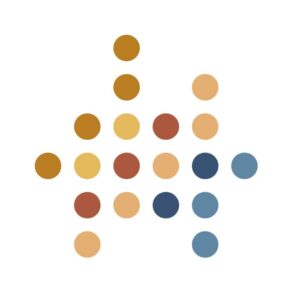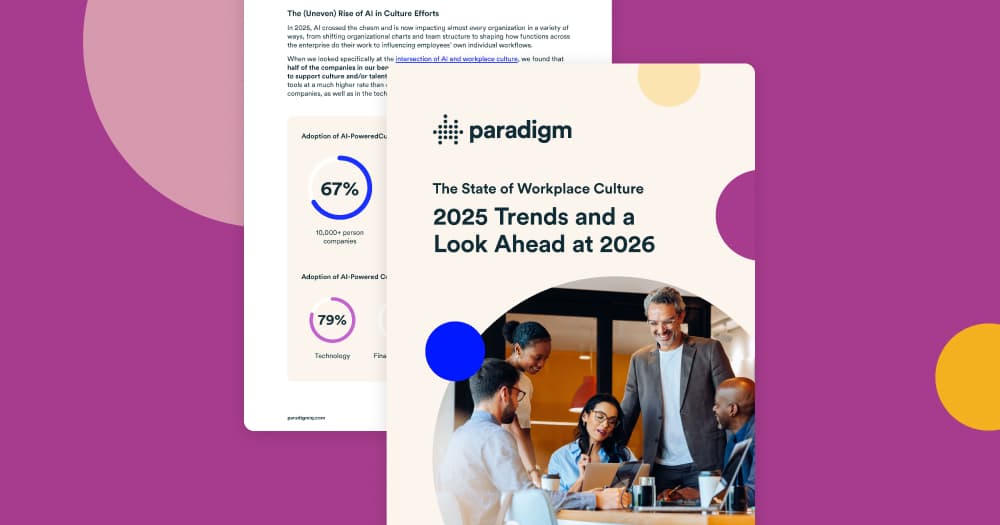Across the UK, CHROs are navigating a step change in expectations around equity, diversity, and inclusion. This includes new regulations, like mandatory ethnicity and disability pay gap reporting and the recently published guidance on workplace sexual harassment.
At the same time, cultural expectations are evolving. Gen Z employees expect inclusion by design. Hybrid work is raising fresh questions about fairness and access. And global DEI backlash is prompting many UK-based organisations to double down on meaningful action, not messaging. With changing regulations and cultural expectations, EDI in the UK is shifting from a compliance exercise to a strategic imperative.
This guide breaks down the seven key EDI trends CHROs must respond to and how to take action. You’ll find practical, UK-specific strategies to embed inclusion into decision-making, performance, and culture, all backed by Paradigm’s proprietary research.
The Evolving EDI Landscape in the UK
UK CHROs are navigating a fast-moving EDI landscape shaped by regulatory change, cultural shifts, and rising expectations for measurable impact. The challenge isn’t just keeping up. It’s leading through complexity with clarity and confidence.
Increasing Regulatory Complexity
Regulatory requirements are tightening. The upcoming Equality (Race and Disability) Bill mandates ethnicity and disability pay gap reporting, building on existing gender pay rules. As of October 2024, employers are also expected to comply with the Sexual Harassment Duty, marking a shift from reactive policies to preventative accountability.
Meanwhile, global organisations must navigate varying EU laws on demographic data. This creates a patchwork of reporting obligations that demand tailored strategies over one-size-fits-all solutions.
Evolving Cultural Expectations
Internally, CHROs face mounting pressure to close the “say-do gap” between company values and daily behaviours. Manager accountability is a consistent challenge—many leaders express support for inclusion but lack the tools and confidence to act when it counts.
Externally, the US DEI backlash has sparked recalibration across UK firms, prompting a shift towards more grounded, less politicised language. Concepts such as allyship and inclusive leadership are emerging as practical, values-aligned approaches that resonate with UK audiences.
Rising Budget Pressures
With many HR teams expected to deliver impact under tighter budgets, there’s growing demand for embedded learning solutions that build inclusion into daily work.
Paradigm training programmes are designed with this in mind, offering scalable, peer-driven development that equips employees and managers with practical skills over time. Instead of relying on one-off workshops, these learning experiences are integrated into real workflows, making inclusive behaviours more sustainable and measurable across the organisation.
Growing EDI Maturity
According to Paradigm’s 2025 DEI Benchmarking Study, 89% of organisations now embed inclusion into core talent processes. This represents a clear move beyond symbolic initiatives.
To support this evolution, Paradigm Blueprint benchmarks organisational maturity against thousands of peer firms, giving HR leaders a clear picture of where they stand and where to focus next.
7 EDI Trends in 2025 That UK CHROs Can’t Afford to Ignore
From shifting reporting frameworks to evolving cultural expectations, these are the key trends shaping the UK’s EDI landscape in 2025. Each one presents both a challenge and an opportunity for CHROs leading with intention.
1. Pay Equity Reporting Is Becoming Mandatory
While the Equality Act 2010 has long prohibited workplace discrimination, pressure is mounting for greater transparency. With new proposals mandating ethnicity and disability pay gap reporting and more stringent requirements for public sector bodies, CHROs need tools that do more than track headcount—they must surface experience disparities across demographics.
How Paradigm helps: Paradigm’s Inclusion Survey offers insight into how pay equity intersects with lived experience, revealing gaps that generic engagement surveys often miss.
2. Inclusion Is Replacing Representation as the Standard
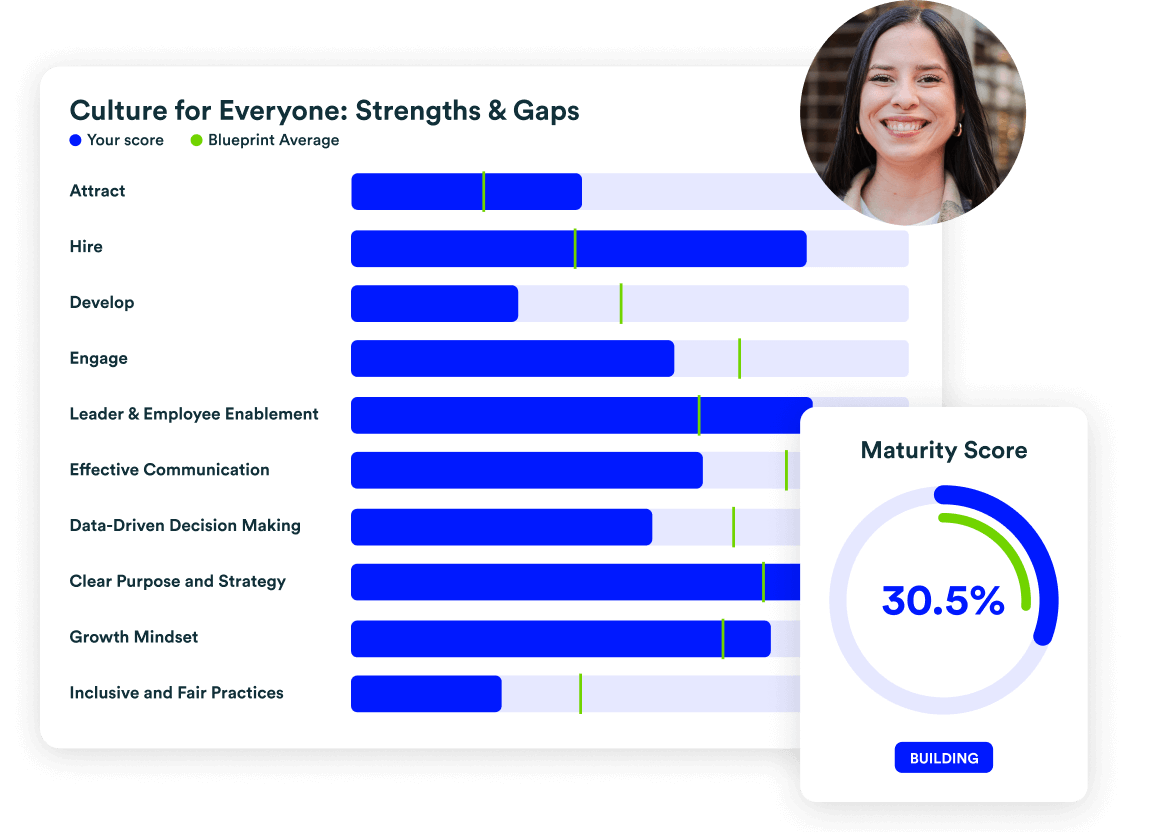
Many UK organisations have made strides in gender and ethnic representation, but they’re now being held accountable for how employees experience work. Boards, regulators, and employees alike are asking: What does inclusion look like in practice?
How Paradigm helps: With diagnostic tools that measure inclusion across decision-making, performance feedback, and growth opportunities, Paradigm helps CHROs track where representation progress has or hasn’t translated into inclusion.
3. Hybrid Work Models Are Exposing Equity Gaps
The UK workforce continues to adapt to hybrid models, but new inclusion challenges are surfacing—along with disparities between who can access hybrid work and who cannot. Presenteeism, access to high-visibility work, and disparities in work allocation between remote and in-office staff are increasingly common.
How Paradigm helps: The Inclusion Survey captures nuanced differences across work models, whether it’s how introverts participate in meetings or how remote workers access development opportunities.
4. ESG Demands Are Raising the Bar for DEI
As ESG reporting expectations rise, UK-based multinationals are under greater scrutiny to demonstrate progress on DEI. Boards want more than values statements. They want to see how inclusion contributes to business outcomes.
How Paradigm helps: Tools like Blueprint integrate DEI data across HRIS, engagement surveys, and culture diagnostics, delivering real-time insights CHROs can use in board reports and ESG disclosures.
5. Socioeconomic Bias Is Under Growing Scrutiny

In the UK, class remains a powerful (and often invisible) determinant of access. From accent bias to educational background, these barriers affect everything from hiring to promotion.
How Paradigm helps: Paradigm’s diagnostic tools enable organisations to examine how factors like educational history and perceived class identity intersect with other dimensions of inclusion. This provides visibility into a commonly overlooked area of disadvantage, while Paradigm’s AI Assistant recommends expert-backed strategies and resources to overcome EDI challenges.
6. Allyship Is Emerging as a Scalable Inclusion Strategy
UK organisations are embracing allyship as a practical, less polarising way to explore privilege, accountability, and power dynamics. It’s also an effective vehicle for intersectional inclusion that resonates across sectors.
How Paradigm helps: Through its allyship training programme, Paradigm equips employees at all levels to explore allyship in real-world settings, focusing on how to speak up, share power, and drive inclusive outcomes.
7. ERGs Are Under Pressure to Do More With Less
Employee resource groups (ERGs) remain a cornerstone of EDI strategy, but many are under-resourced. The challenge in 2025 is ensuring ERGs can scale impact without relying solely on volunteer energy.
How Paradigm helps: Paradigm supports ERGs with strategy design, effectiveness training, and analytics that tie ERG activity to broader business and cultural outcomes.
Understanding these trends is only the first step. The real differentiator lies in how CHROs respond and translate insight into action, and action into sustained impact.
Curious how to build effective ERGs? Use our ERG checklist to understand what makes these groups impactful and sustainable.
From Trend to Action: How UK CHROs Are Embedding Inclusion at Scale
After identifying the most pressing EDI trends, leading CHROs are turning these insights into impact.
The strongest strategies go beyond one-off initiatives. They embed inclusion across systems, leadership, and culture in ways that are measurable, scalable, and tailored for the UK context. Here’s how:
1. Diagnosing Inclusion Systemically
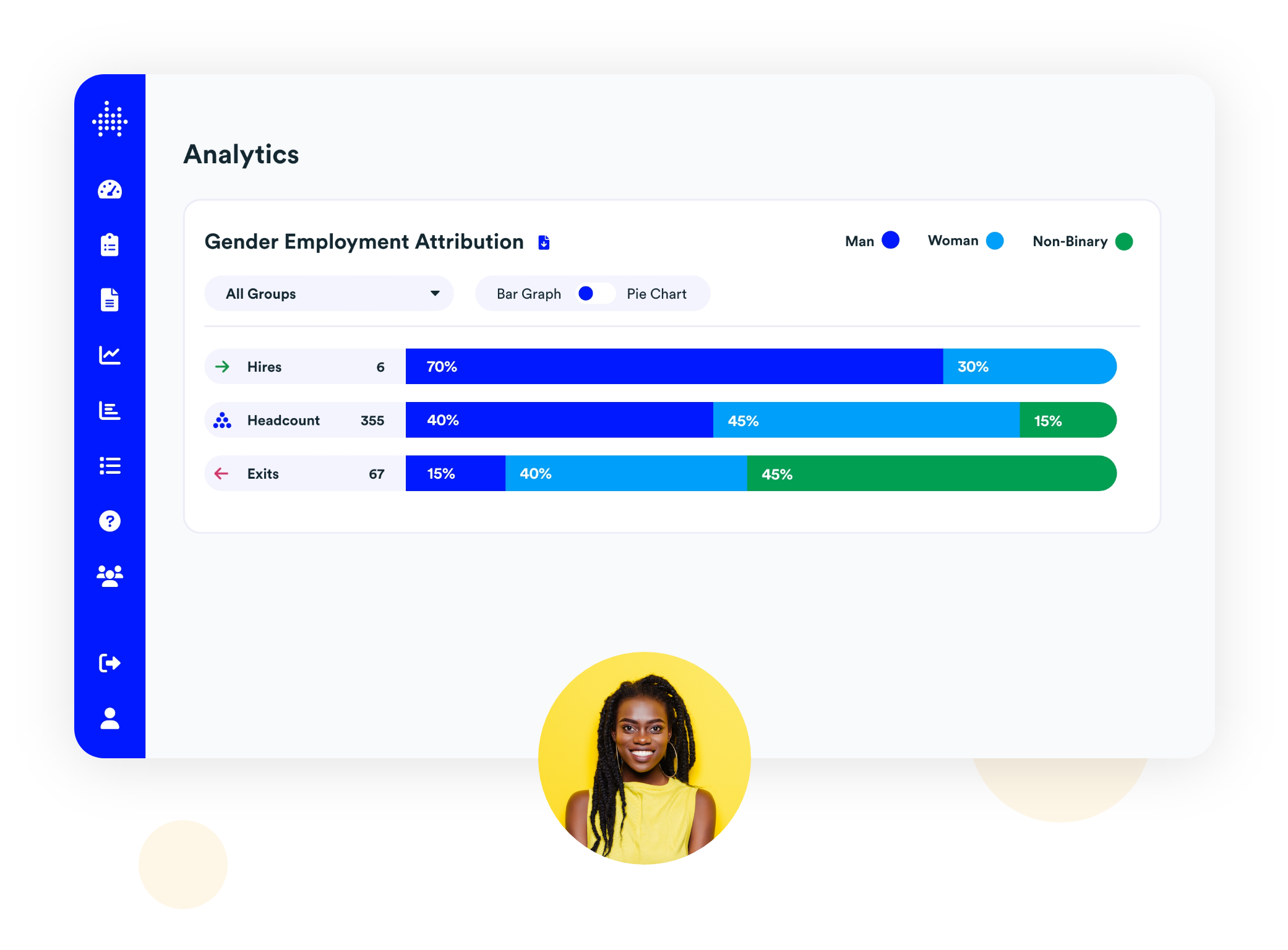
To lead effectively, CHROs need more than static dashboards. They need EDI solutions that provide visibility into how inclusion is actually experienced across identities, locations, and seniority levels. That means surfacing disparities not just by gender or ethnicity, but also by work model, communication style, or socioeconomic background.
Paradigm Blueprint provides this level of diagnostic depth by benchmarking inclusion maturity, spotlighting lived experience gaps that generic engagement surveys miss, and uncovering systemic barriers, such as presenteeism or accent bias, that shape opportunity and access.
In a climate where ESG expectations are rising and culture outcomes are under board scrutiny, systemic diagnostics give HR leaders the clarity they need to act with precision and accountability.
2. Embedding Inclusion into Performance and Leadership
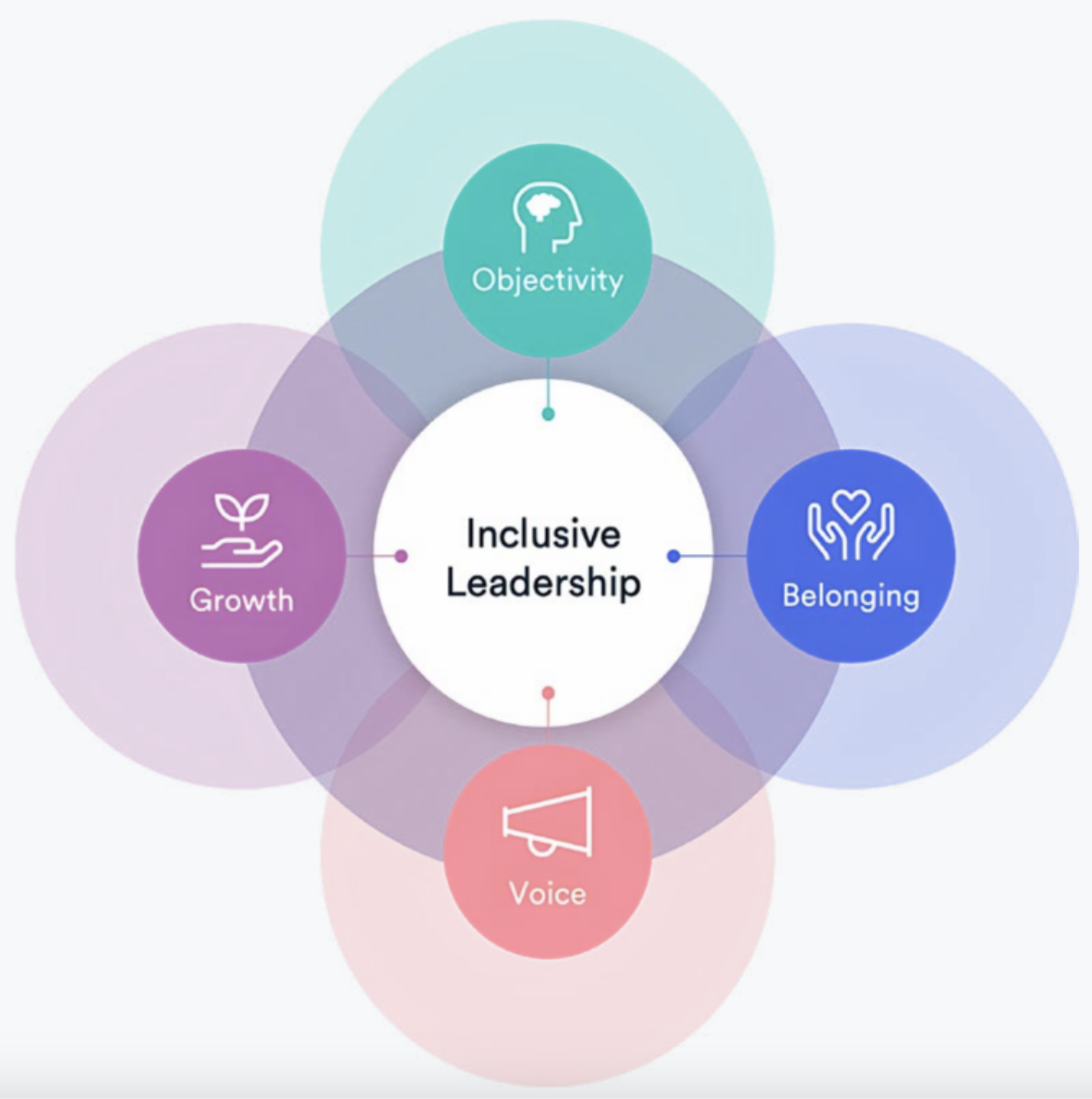
One of the most consistent trends across high-performing UK organisations is the shift from intention to measurable accountability. Inclusion isn’t just part of the culture narrative. It’s now embedded in leadership scorecards, OKRs, performance appraisals, and promotion decisions.
Paradigm enables this shift through its Inclusive Leadership Self-Assessment and science-backed Inclusive Leadership Framework, grounded in four core behaviours:
- Objectivity: Making equitable, bias-aware decisions
- Belonging: Creating spaces where people feel valued and seen
- Voice: Ensuring all employees are heard and credited
- Growth: Fostering development for everyone
These tools help CHROs evaluate, coach, and reward inclusive behaviours, turning leadership expectations into measurable standards that shape real outcomes.
3. Scaling Capability Through Embedded Learning
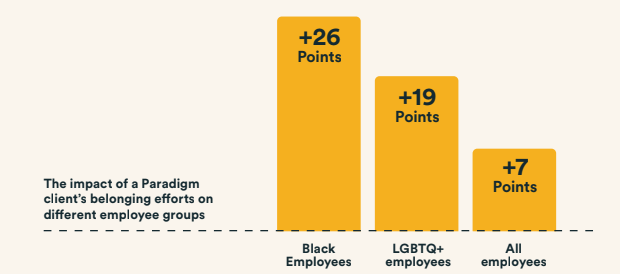
Traditional DEI workshops are struggling to keep pace with today’s workforce. In response, CHROs are shifting to embedded learning models that integrate inclusion into everyday workflows, decisions, and conversations.
Paradigm Reach delivers expert-led and digital learning tailored to UK teams, updated quarterly with locally relevant case studies. From hybrid meeting norms to inclusive hiring decisions, Reach equips managers to apply inclusive practices in real-world contexts, not just in theory.
This learning approach also bridges the gap between wellbeing and belonging. While UK employers have long prioritised mental health and wellbeing, many now recognise that belonging is the true driver of engagement. According to Paradigm’s Belonging Report, employees who feel accepted, seen, and valued are 10 times more likely to be engaged.
Paradigm embeds belonging into its diagnostics and development programmes, connecting it directly to outcomes like retention, innovation, and inclusion ROI.
Why UK Leaders Choose Paradigm
CHROs across the UK trust Paradigm to turn complex EDI challenges into measurable, scalable impact.
- Struggling to keep content current and relevant? Paradigm’s EDI library is refreshed quarterly with the latest insights and localised for UK teams so your training stays aligned with evolving norms and expectations.
- Tired of surveys that only skim the surface? Paradigm’s diagnostics go beyond compliance to reveal how inclusion is actually experienced, helping you uncover systemic issues and take meaningful action.
- Need real-time insights that drive strategy? With Blueprint, you can unify HRIS, culture, and performance data to turn insight into targeted interventions across the employee lifecycle.
- Navigating UK-specific legislation and cultural nuance? Paradigm’s UK-based specialists understand your regulatory landscape and organisational realities so you can act with clarity and confidence.
Bring EDI into the Core of Your Culture Strategy
Inclusion isn’t a side initiative, it’s a core business driver. The most effective CHROs don’t treat EDI as a separate stream of work. They embed it into performance reviews, leadership expectations, talent processes, and culture rituals.
Paradigm partners with HR leaders to make that integration real—by connecting data, developing inclusive leadership, and scaling belonging through systems, not slogans.
Ready to lead with clarity and impact? Book a conversation with Paradigm’s UK team to explore how you can embed EDI at the heart of your culture and turn intent into measurable, lasting change.

 Our website uses cookies to distinguish you from other users of our website. This helps us to provide you with a good experience when you browse our website and also allows us to
improve our site. By continuing to browse our website, you’re agreeing to our use of cookies. For more information, please read our
Our website uses cookies to distinguish you from other users of our website. This helps us to provide you with a good experience when you browse our website and also allows us to
improve our site. By continuing to browse our website, you’re agreeing to our use of cookies. For more information, please read our

